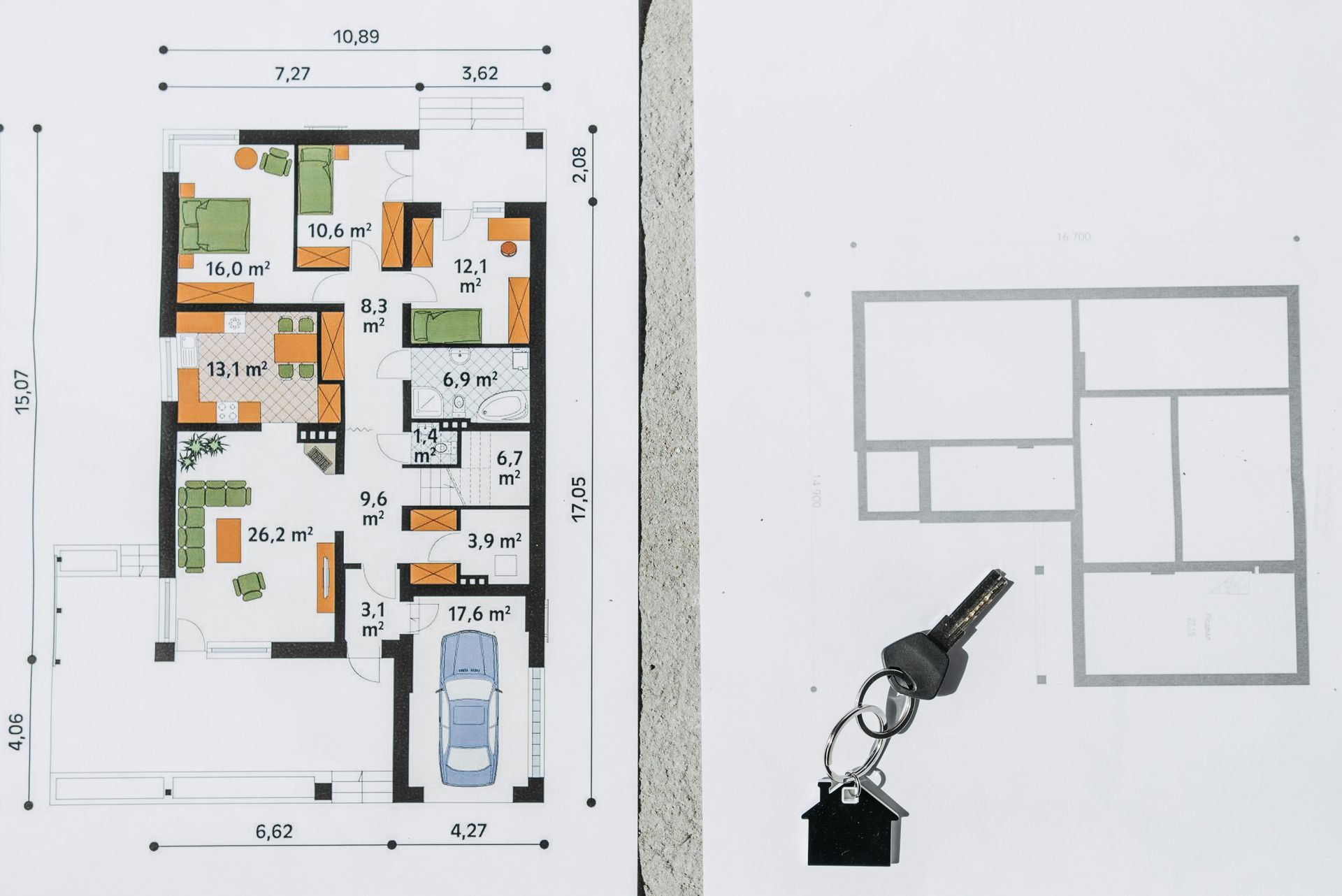Rent Control and AB-1482
San Francisco, Oakland, Los Angeles, and many other California cities have had rent and eviction control ordinances for many years. Landlords, Tenants, and Property Management Companies like AMSI handling apartment rentals in these communities have been well accustomed to the consequences of the often polarizing relationship created by the effects of municipal authority.

Immediately before the COVID-19 pandemic, California Governor Gavin Newsom signed
Assembly Bill 1482 effective January 1, 2020, and expires January 1, 2030,
to
cap annual rent increases and prevent evictions without just cause, thus creating statewide rent and eviction control.
During the COVID-19 pandemic, many other emergency measures were implemented to help keep tenants in place. AB-1482, AB-832, AB-91, and AB-3088 created many administrative tasks and disclosures requirements for landlords and property managers to make effectual during 'shelter in place'.
AB-1482 caps the allowable annual increase to no more than 5% + the local CPI (inflation rate), or 10%, whichever is lower.
If a property is in a municipal jurisdiction with more restrictive annual increases, then the limitation set forth by the local jurisdiction applies. For example, in San Francisco under the authority of The San Francisco Rent Board, most apartments with a certificate of occupancy on or before June 13, 1979, are usually covered by rent control. Annual increases are limited to 60% of the Consumer Price Index (CPI) for All Urban Consumers in the San Francisco-Oakland-San Jose Region which the rent board published annually by the San Francisco Rent Board or by the San Francisco Apartment Association.
Some exemptions apply to both the "just cause' regulation and the rent cap regulation, i.e. units that were constructed within the last 15 years, certain deed restrictions, certain dormitories, two-unit properties where one unit is occupied by an owner of the property during the entire period of tenancy, and Single-Family homes or condominiums provided that the property is not owned by a REIT, Corporation, or an LLC with at least one corporate member. The limited exemption for single-family homes does not apply when there is more than one dwelling unit on the same lot or any second residential unit in the building that cannot be sold separately for the subject unit such as an in-law unit.
Single Family Homes including condos have limited rent control coverage, while a single-family home with an illegal in-law unit counts as a 2 unit building. Annual rent increases may only be imposed annually, but the landlord may 'bank' unimposed annual rent increases and impose the increase another year provided that the landlord follows the banking rules.
If interpreting and applying rent and eviction controls isn't challenging enough, landlords need to be well represented or versed in understanding the many laws of doing business including business tax registration, Subletting, Short-Term Rentals, Interest on Security Deposits, and maintenance and repairs.
If you need assistance with Property Management or leasing a long-term or shorter-term furnished rental property, the bonded and licensed management team and rental agents of AMSI are here to help. Feel free to contact us anytime.
This article is not intended to be legal advice.












